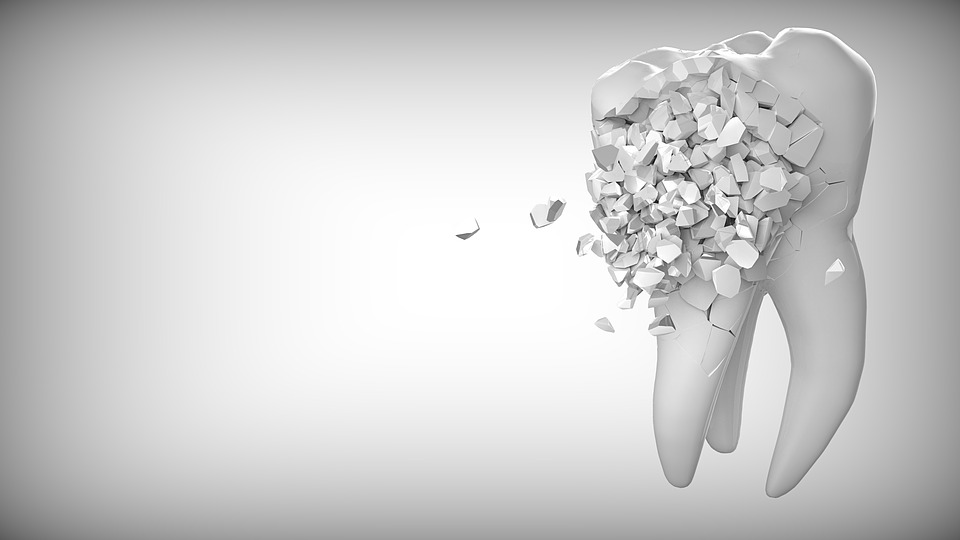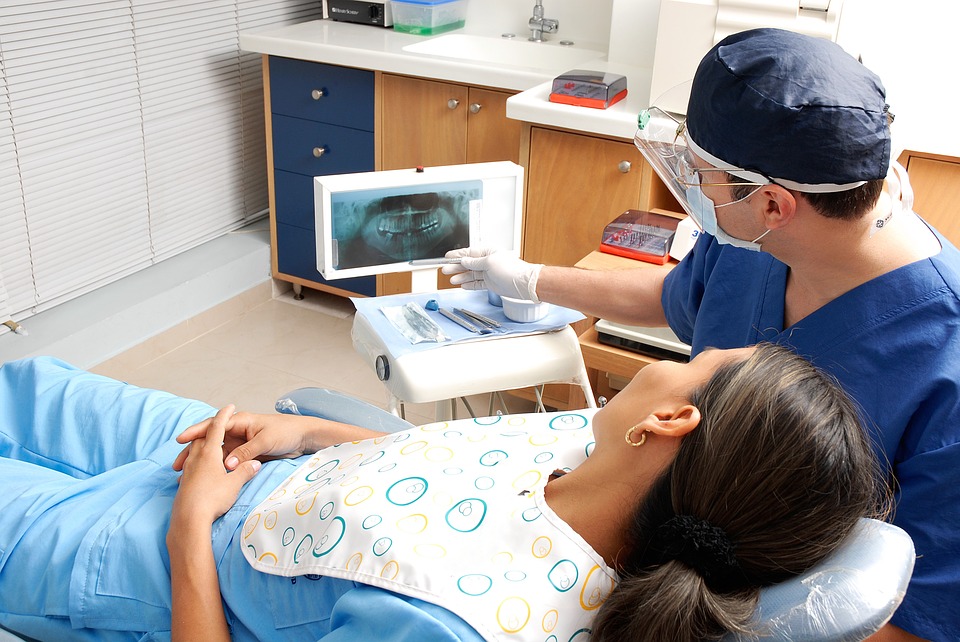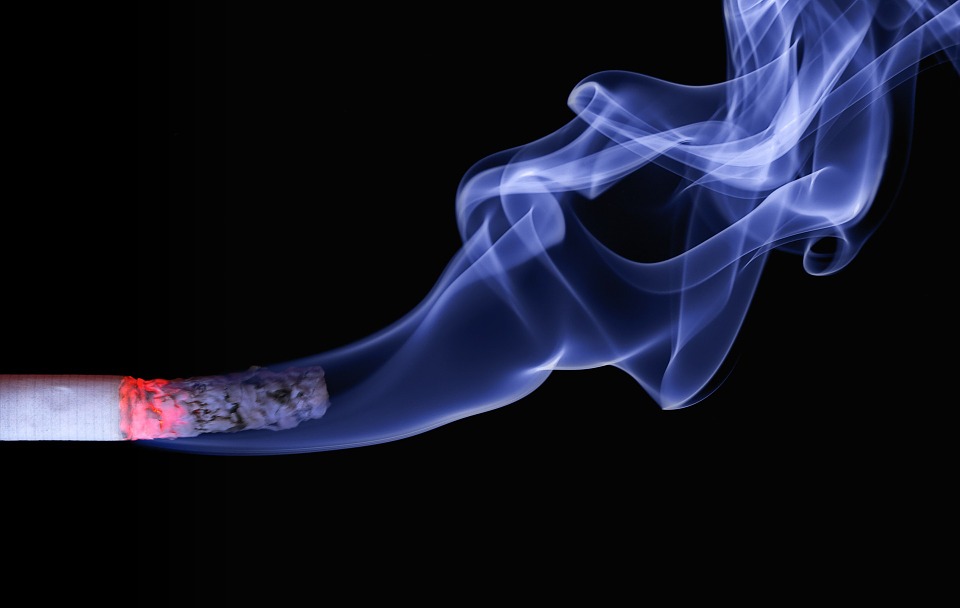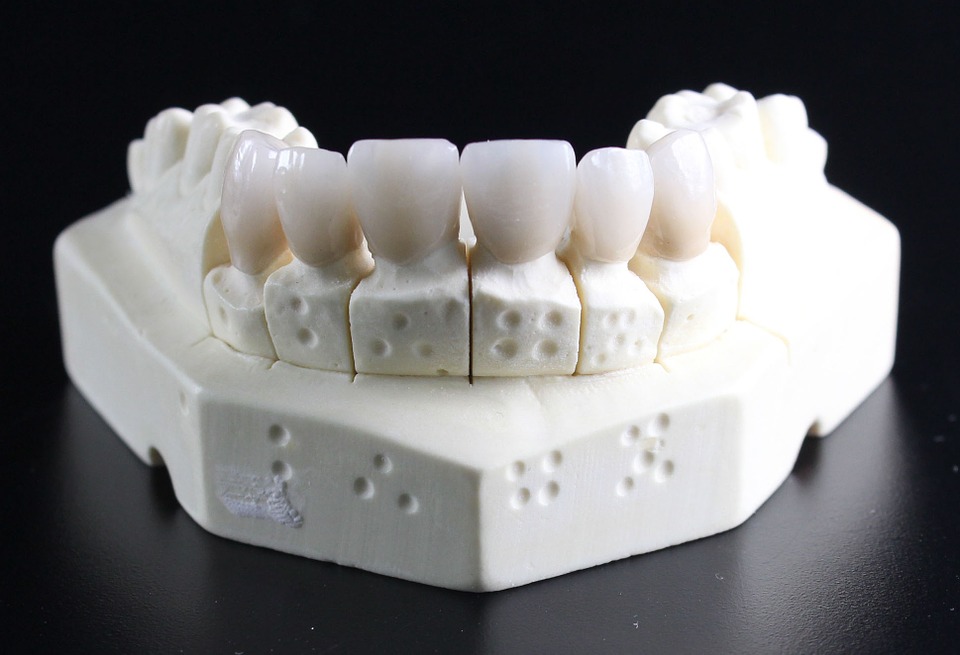A dental extraction also known as tooth extraction consists of completely removing one or more teeth from their socket in the bone. This delicate procedure is usually performed by a dental surgeon.
How to Know If You Need a Dental Extraction?
In many cases, broken or decayed teeth can be repaired with a filling, crown or other dental treatment. However, there are times when the damage is too severe and cannot be repaired, which is why your dentist will recommend an extraction.

Reasons Why Tooth Extraction May Be Required
- Cavities have reached the depth of the tooth.
- Extra teeth prevent other teeth from coming in.
- There is not enough room for all the teeth in the mouth.
- People who receive braces or other orthodontic treatment may need a tooth extraction to create space for the teeth that will be placed.
- The infected tooth has damaged a large part of the surrounding tooth or bone.
- Milk teeth do not fall out in time for permanent teeth to come in.
- Wisdom teeth, also called third molars, are often extracted before or after they come in, in late teens or early twenties.
Preparation Before a Tooth Extraction
Your dentist will carefully assess your dental and medical history and make suitable x-rays before performing the tooth extraction. The x-rays will display the position, shape, and length of the tooth and surrounding bone. Using this information, they can evaluate the complexity of the procedure and determine if you should be referred to a dental surgeon.
You will most likely be anesthetized during the extraction. Discussing the substances involved in your specific treatment is essential. Some persons may know what form of anesthesia is most suitable for them and which ones should be avoided. Inform the doctor of any side effects you have experienced in the past if you have had anesthesia before. He or she will provide a medication plan that will make you feel comfortable and safe.
In general, you should avoid eating anything for 12 hours before the operation. This can help prevent nausea during and after the procedure. If you are undergoing local anaesthesia, you may not need to fast for that long, so be sure to ask before the treatment. Inform the dental care provider if you have an illness that does not allow you to fast, such as diabetes.

Things You Shouldn’t Do After a Tooth Extraction
Do Not Consume All Kinds of Food
Avoid foods that are crunchy, chewy, or spicy for the first 24 hours at least, and steer clear of foods with grains and seeds. This is because they can irritate the extraction site. Instead, choose softer foods such as soup, scrambled eggs, mashed potatoes, fish and yoghurt, but try to avoid extremes in temperature, such as anything too hot or too cold
Avoid Alcoholic Drinks
Alcohol following an extraction should be avoided for as long as recommended by your dentist or oral surgeon. This will help minimize the risk of developing dry alveolitis, which can slow down the healing process. Alveolitis can develop if blood clots in the socket area of the tooth extracted do not develop or if they break before the wound heals. This can happen one to three days after the operation and can cause significant discomfort.
Do Not Smoke
It is imperative to refrain from anything that may raise your blood pressure, since this may lead to additional bleeding. The best choice not to smoke for as long as possible after an extraction, but at least for the rest of the day.

If you’re looking for qualified and experienced dental surgeons for your tooth extraction, you can book an appointment at Dental Choice of Melbourne or walk-in for emergency treatments. Their dental care providers will conduct an X-Ray and determine the best extraction approach for you!


